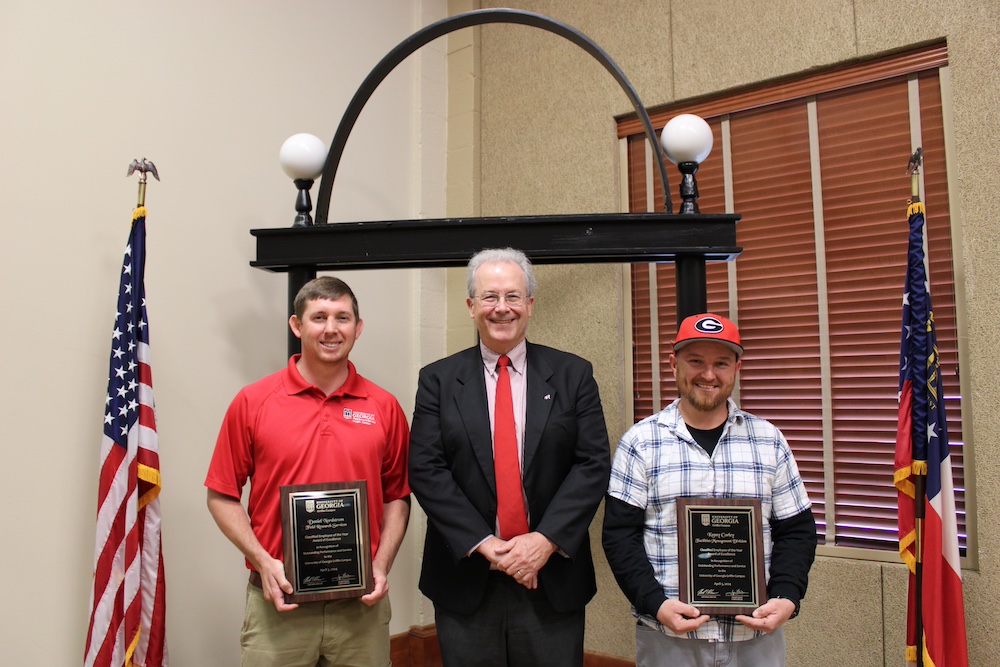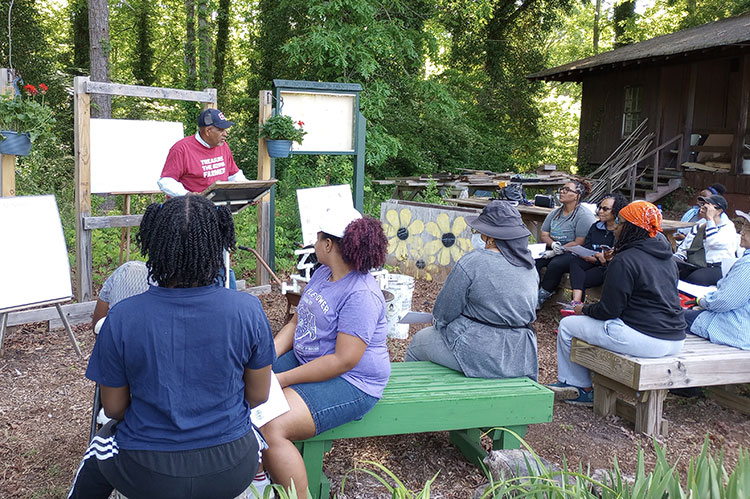By Allie Byrd
University of
Georgia
“Children are more susceptible to heat illness when active during hot weather because they actually absorb more heat from their environment,” says Debbie Wilburn, a University of Georgia Cooperative Extension agent in Hall County.
Parents and coaches need to be aware of the heat index, which is a combination of temperature and humidity.
“Exercising in a relative humidity of 35 percent and an air temperature of 95 F can cause heat illness in both children and adults,” Wilburn said. “The addition of helmets and padding or carrying an instrument will increase the amount of perspiration and result in greater fluid loss.”
To prevent dehydration, children should take frequent rest breaks. Fluid-replacement beverages should be readily available, too. Using individual containers is a good way to monitor fluid intake.
Coaches and parents also need to know the physical condition of the children. If they appear to be getting too hot, they need to stop.
“Kids get so much hotter than adults, but many times they don’t realize it because they’re playing and having fun and aren’t paying attention to temperature,” Wilburn said. “Even though coaches are offering breaks and drinks, they need to observe them to make sure they’re sitting down where it’s cool, and that they’re actually drinking enough fluid.”
Thirst is not a good indication of dehydration. A person can lose up to 1.5 liters of water from sweat and perspiration before feeling dehydrated, she said. It is important for kids to drink water before activity, at regular intervals throughout it and follow up with additional liquids afterwards. Research shows that two-thirds of children are dehydrated before they even begin playing.
Coaches often recommend sports drinks during intense exercise and sweating, but Wilburn warns that the calories in these drinks can add up.
With proper care and hydration, heat illness can be prevented, she said, but there should be an emergency plan ready if someone gets overheated.
“If a child looks sick, take him or her off the field immediately and monitor them closely while they rest and drink fluids,” Wilburn said. “Kids with moderate heat exhaustion will look fine 15 minutes after they drink and cool down, but they’re still dehydrated.”
Children who get overheated should take the day off and be watched closely when they return to practice.
(Allie Byrd is a student writer with the University of Georgia College of Agricultural and Environmental Sciences Office of Communications.)






